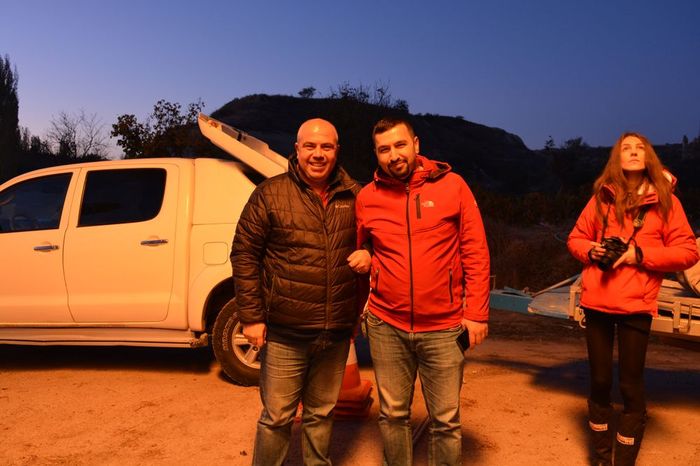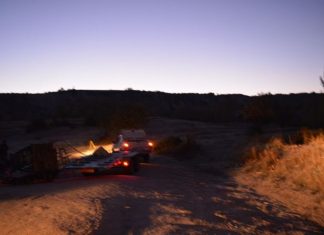By this time the day had broken, the Emperor glanced through the writings and recognized that his assassination had been arranged, and sent orders to the governors of the city that Aaron’s mother should be banished to Choerobacchi, Aaron to . . . and his brother, Theodore, to Anchialus. This matter retarded the Emperor’s onward journey for five days.
II Whilst on his way to Thessalonica, where the contingents from all the various districts were assembled, he thought it would not be amiss to hold a review of the troops drawn up in battle array. In a short time the legions were drawn up in companies with their captains in front and the rear-guard and those who held the middle of the line followed in order, all in gleaming armour (and the array was an awesome sight), and fitted close to each other like the wall of a city.
You would have fancied you were looking at bronze statues and metal soldiers as they all stood absolutely still on the plain with only their spears quivering as if longing to taste flesh. The Emperor arranged them in this order and moved them about and made them man oeuvre how they would advance to the spear-side or to the shield-side. Then he separated the newly-recruited corps from the whole army and appointed as commanders over these soldiers the men whom he himself had especially brought up and trained in military exercises.
Emperor as General
These were three hundred in all, every one of them young and tall, in full physical vigour, with beards scarcely grown and very adroit in the use of the bow and very steady in throwing the spear. They had been chosen from various races and formed a kind of select army within the general Roman army directly under the command of the Emperor as General, for he was to them not only their Emperor but General and teacher as well. From these he further picked out the cleverest and appointed them leaders of their companies and sent them into the valleys through which the barbarian army was expected to pass. But he himself was wintering in Thessalonica.
Now, as we have said, the tyrant Bohemund crossed with an enormous fleet from the other side into our country and then poured his whole Frankish army over our plains. From there he marched on Epidamnus in battle-order thinking he might perhaps be able to take it without a blow; but, if not, he would capture the city by means of siege-engines and stone-throwing machines. This at least was his intention. He bivouacked opposite the gate that opens to the East on which there stands an equestrian statue in bronze, and after reconnoitring he began the siege.
Read More about John of Damascus part 27








